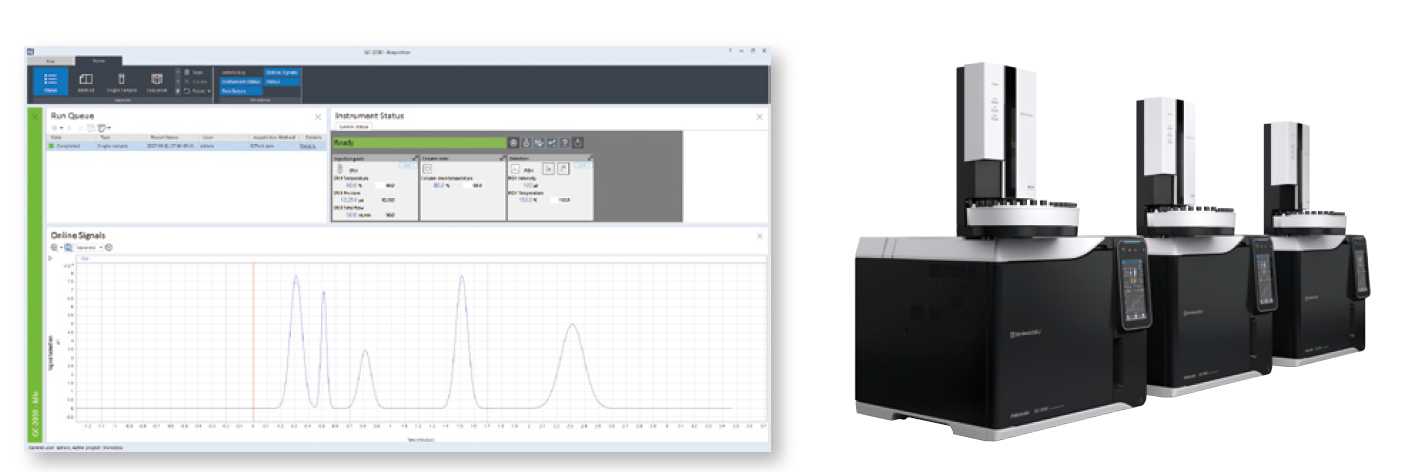
Shimadzu GC Driver for OpenLab CDS
Gas Chromatograph
Up to four types of injection units or six types of detectors can be selected depending on the purpose of analysis and target components. Four detectors can be controlled simultaneously using LabSolutions.
Note: The number of detectors installed depends on the type. The injection port can control up to two devices simultaneously.| Split/Splitless Injector (SPL) |
|
|---|---|
| Direct Injection Unit (WBI) |
|
| On-Column Injection Unit (OCI) |
|
| Programmed Temperature Vaporization Injector (PTV) |
|
| Packed Column Injection Unit (SINJ) |
|
|
Barrier Discharge Ionization Detector (BID)
|
The barrier discharge ionization detector (BID-2030) is a universal detector that offers high-sensitivity analysis by using a low-frequency dielectric barrier discharge plasma for ionization. The BID generates helium (He) plasma by applying a high voltage to a quartz glass tube. The light energy from the He plasma then ionizes the target components and the ions are collected and output as peaks using a collection electrode. A wide variety of compounds other than He and neon (Ne) are detected with high sensitivity. |
|---|---|
| Flame Ionization Detector (FID) | The jet and collector structure on the flame ionization detector (FID-2030) has been optimized to provide improved performance. Noise levels were also decreased by improving the stability of the signal processor and flow controller. This results in the world’s most sensitive FID*. |
| Sulfur Chemiluminescence Detector (SCD) | SCDs are the most sensitive GC detectors for measuring sulfur components. The Nexis SCD-2030 is equipped with an ultra-short flow path and high efficiency redox cell, so it provides the world’s highest level* of sensitivity and stability. In addition, detector startup is automated, easing the burden on operators. |
| Thermal Conductivity Detector (TCD) |
|
| Flame Photometric Detector (FPD) |
|
| Electron Capture Detector (ECD) |
|
| Flame Thermionic Detector (FTD) |
|
*As of July 2021, according to a Shimadzu survey
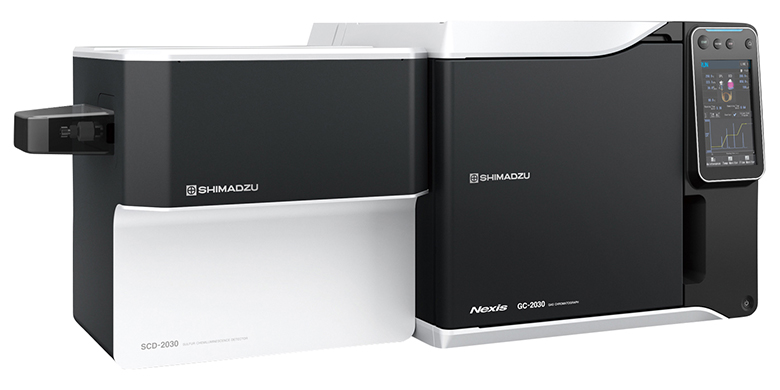
Nexis SCD-2030
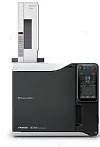
Gasoline/Fuel Analysis
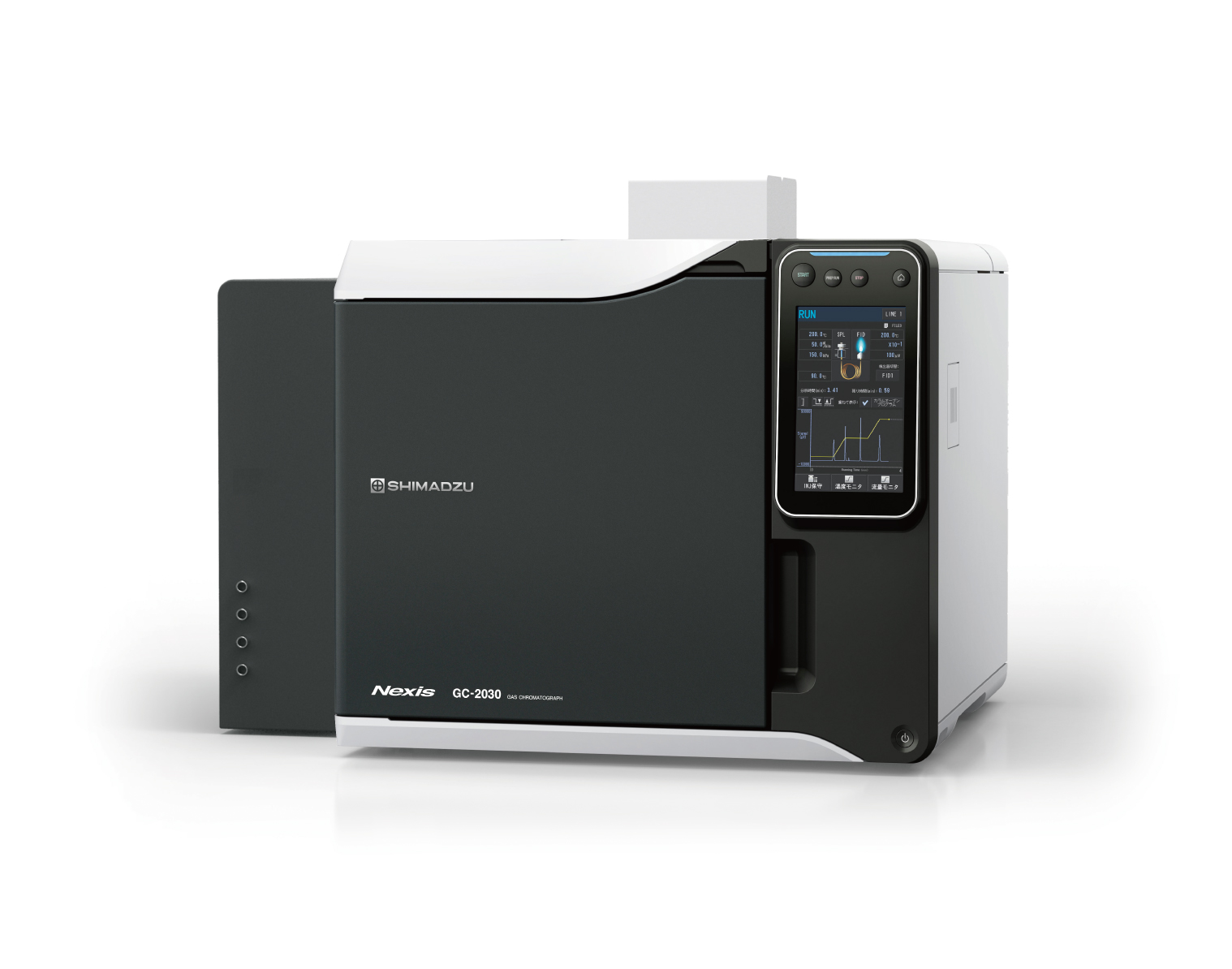
Trace Moisture Analysis System
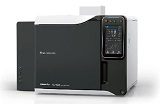
UFRGA Series
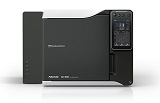
Green House Gas Analysis
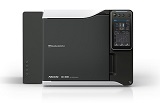
Downstream and Others

Trace Sulfur Analysis
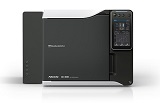
Town Gas Analysis
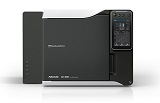
Impurity Analysis in Bulk Gas
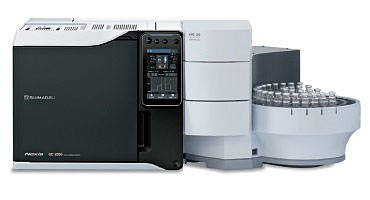
Transformer Oil Gas Analysis
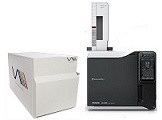
VUV PIONA+ Analysis
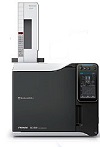
Detailed Hydrocarbon Analysis
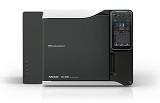
Natural Gas Analysis
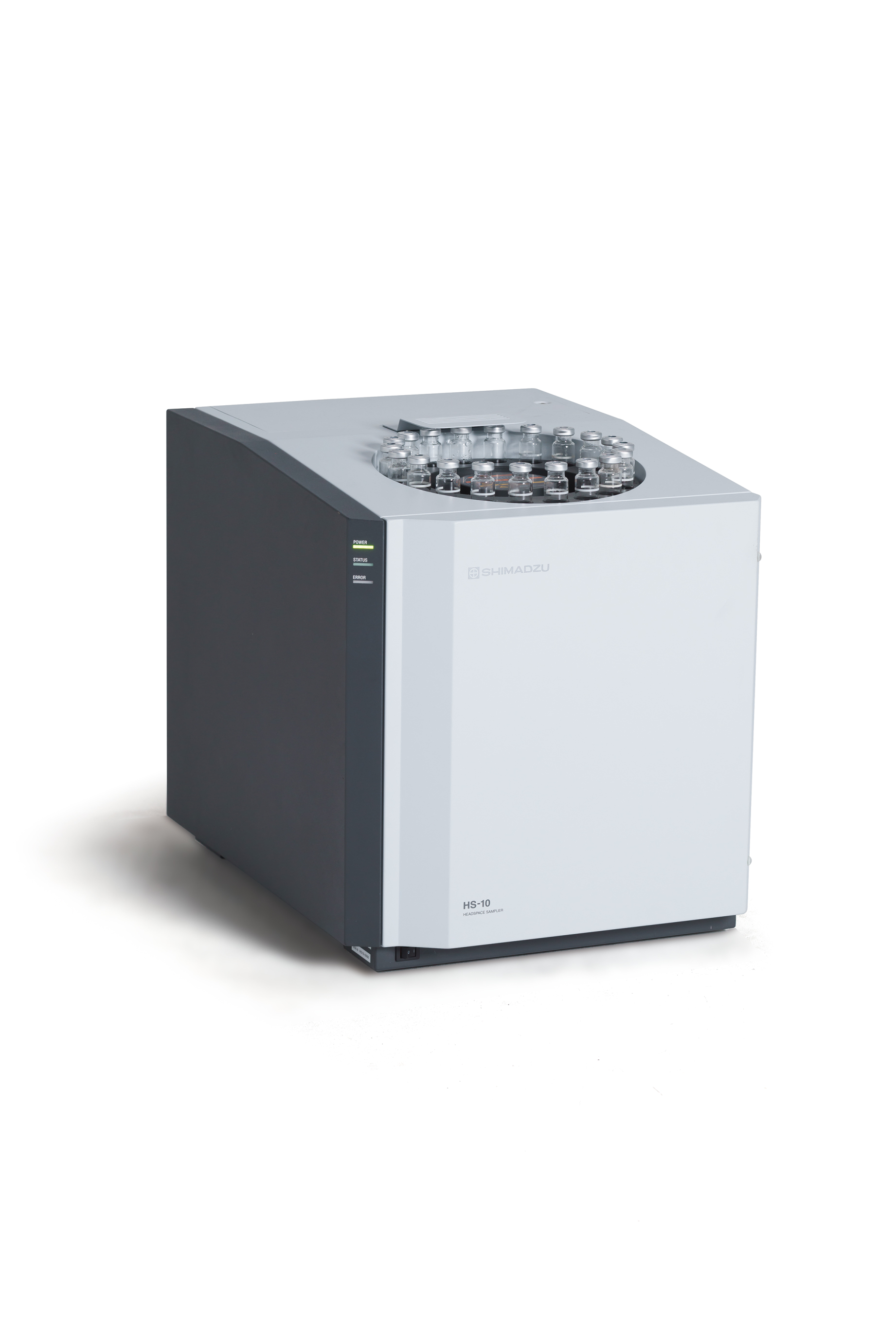
HS-10
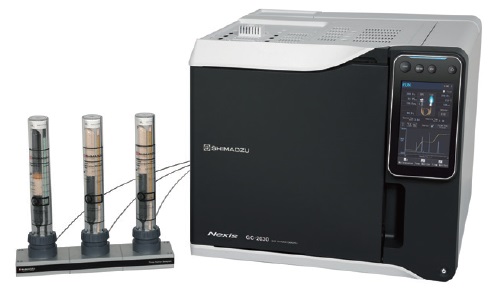
Gas Filter

SH Series GC Columns
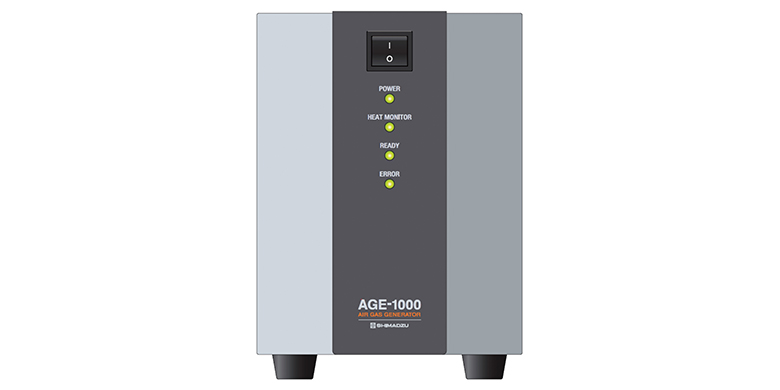
AGE-1000
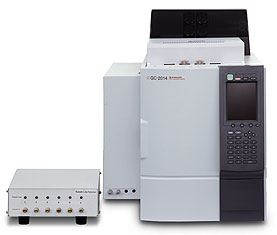
SLS-2020

Method Optimization System Triple Capillary Column GC
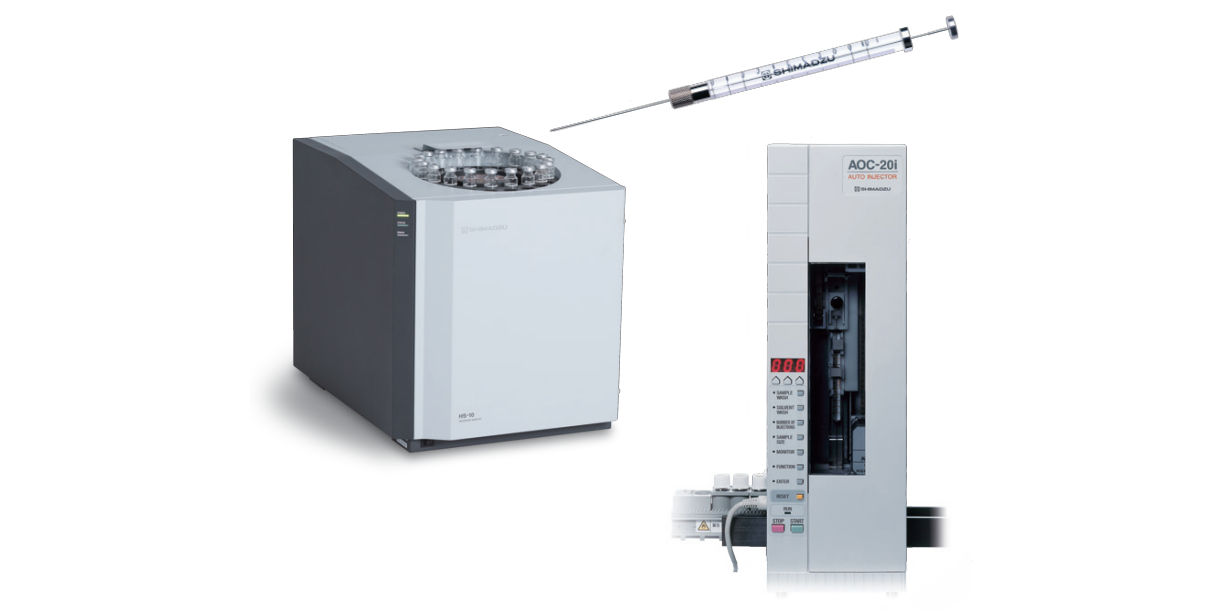
GC Consumables
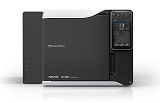
Refinery Gas Analysis
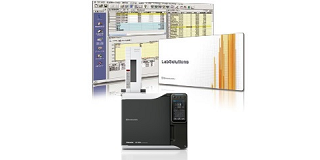
Distillation Gas Chromatograph System

Py-GCMS
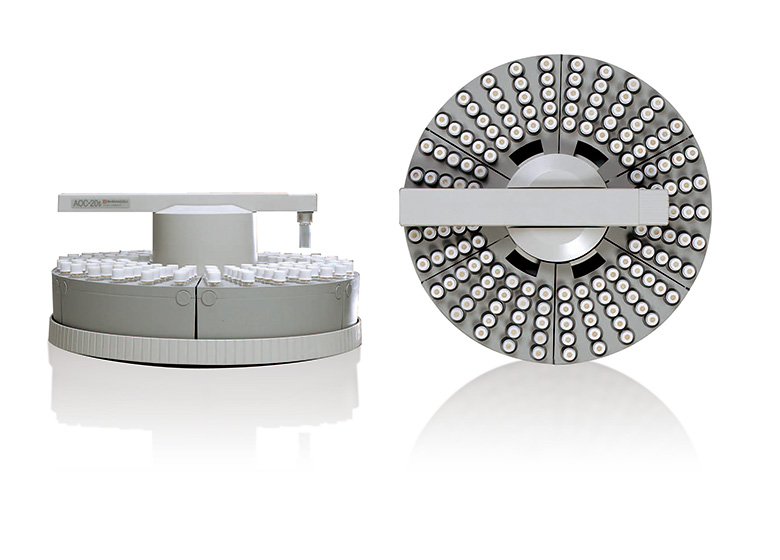
AOC-20i/AOC-20s

LabSolutions LCGC